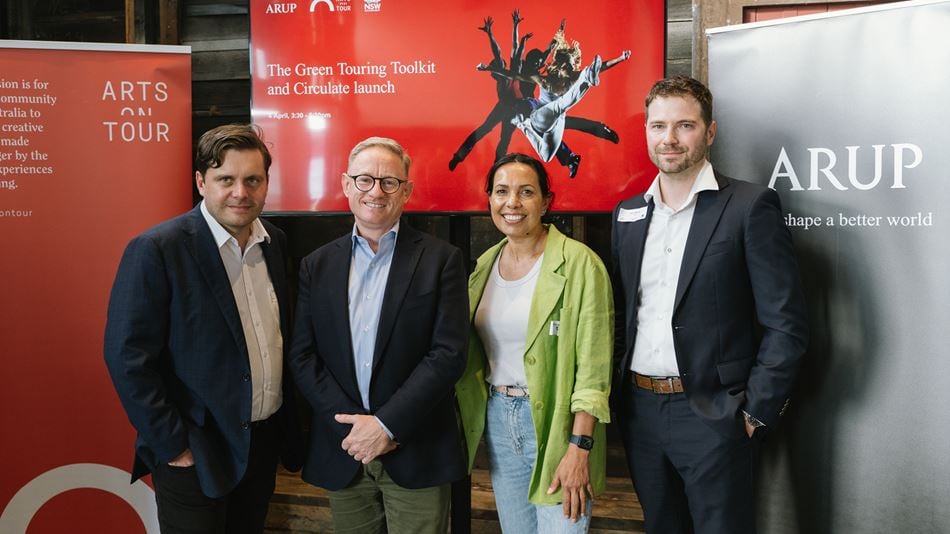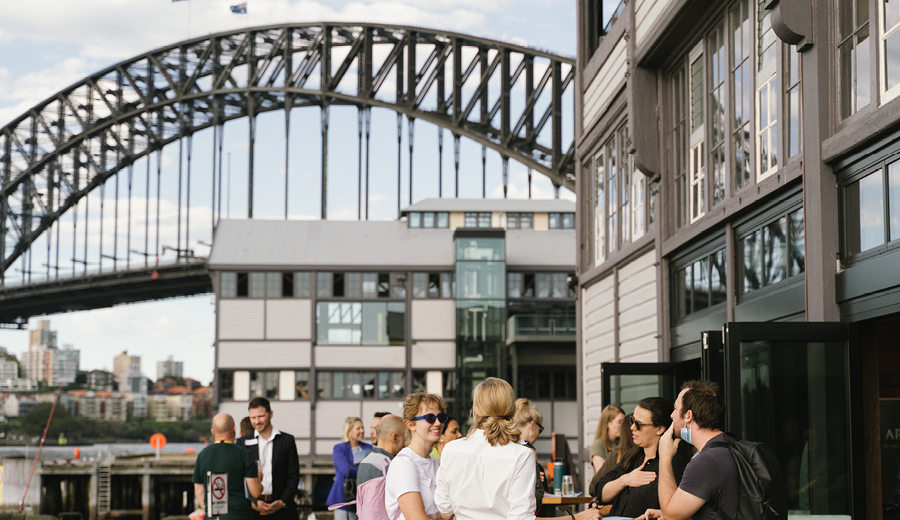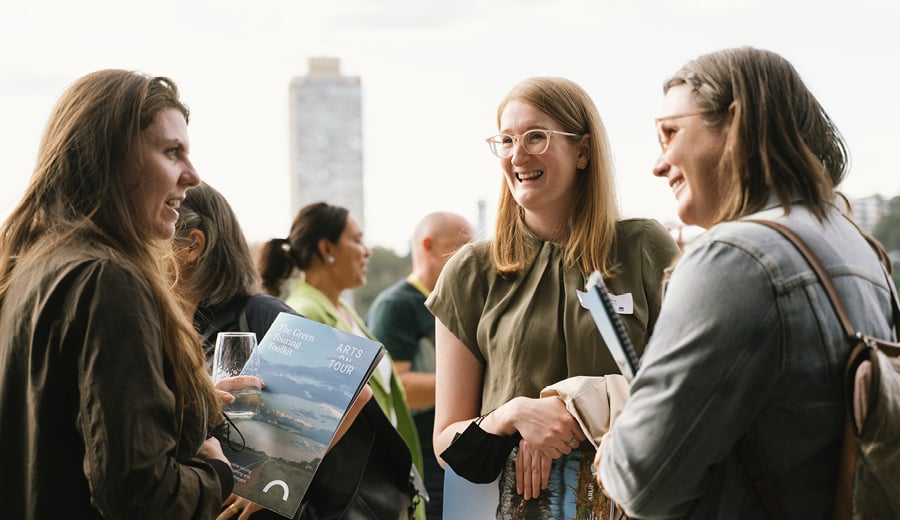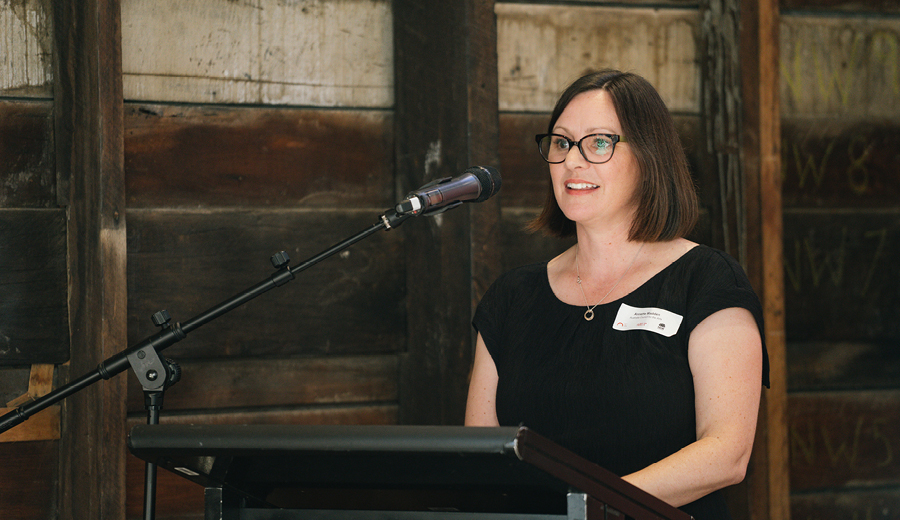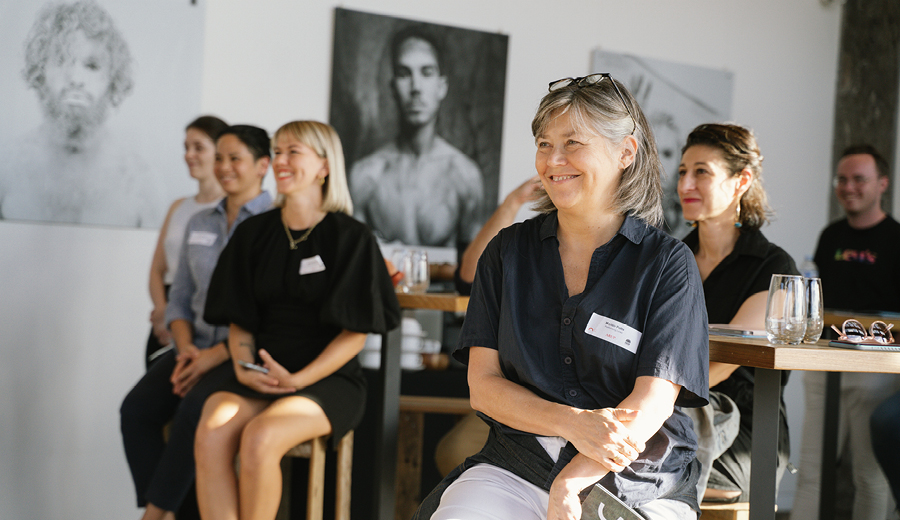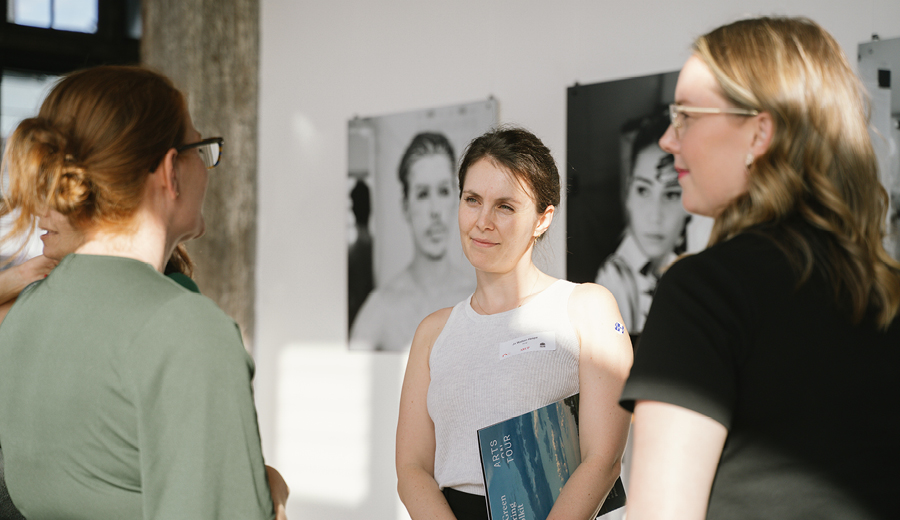The Green Touring Toolkit is a step-by-step, practical guide that covers itinerary and logistics planning, technical production considerations, working with venue partners and on-tour activities such as food choices and waste minimisation.
Used in tandem with Circulate, which can be used to compare the emissions of various travel options, it is possible to decarbonise a touring program. For example, in one scenario, if 20 people travel by coach, rather than flying, emissions can be reduced by more than 60%.
Antonia explained: “There is a growing desire from artists, arts workers and organisations to be creative leaders in addressing the climate crisis, not being part of the problem.
“As a sector, we need to reduce our environmental impact and commit to net zero emissions.
“Pre-covid, Arts on Tour’s 2019 touring program, which reached 130,000 audience members across Australia, produced over 500,000kg of emissions. With Circulate, the sector can make emissions-informed decisions in the planning stage that have a huge impact.
“As an industry we have a significant opportunity to be at the forefront of transitioning to a low carbon economy. We can channel our ambitions to reduce emissions.”
At the launch of the Toolkit and Circulate, Annette Madden from the Australia Council for the Arts said there had been “a lot of passion, drive and enthusiasm behind the project”.
“These incredible tools are going to be vital as we work towards our common goal of reducing our carbon footprint,” Annette said.
“They are deeply practical and can be used widely across the sector, no matter where an organisation is on its sustainability journey.
“It’s a project of hope and incredibly future focussed.”
 Trish Sunga
Australasia Press Office,Sydney
Trish Sunga
Australasia Press Office,Sydney

